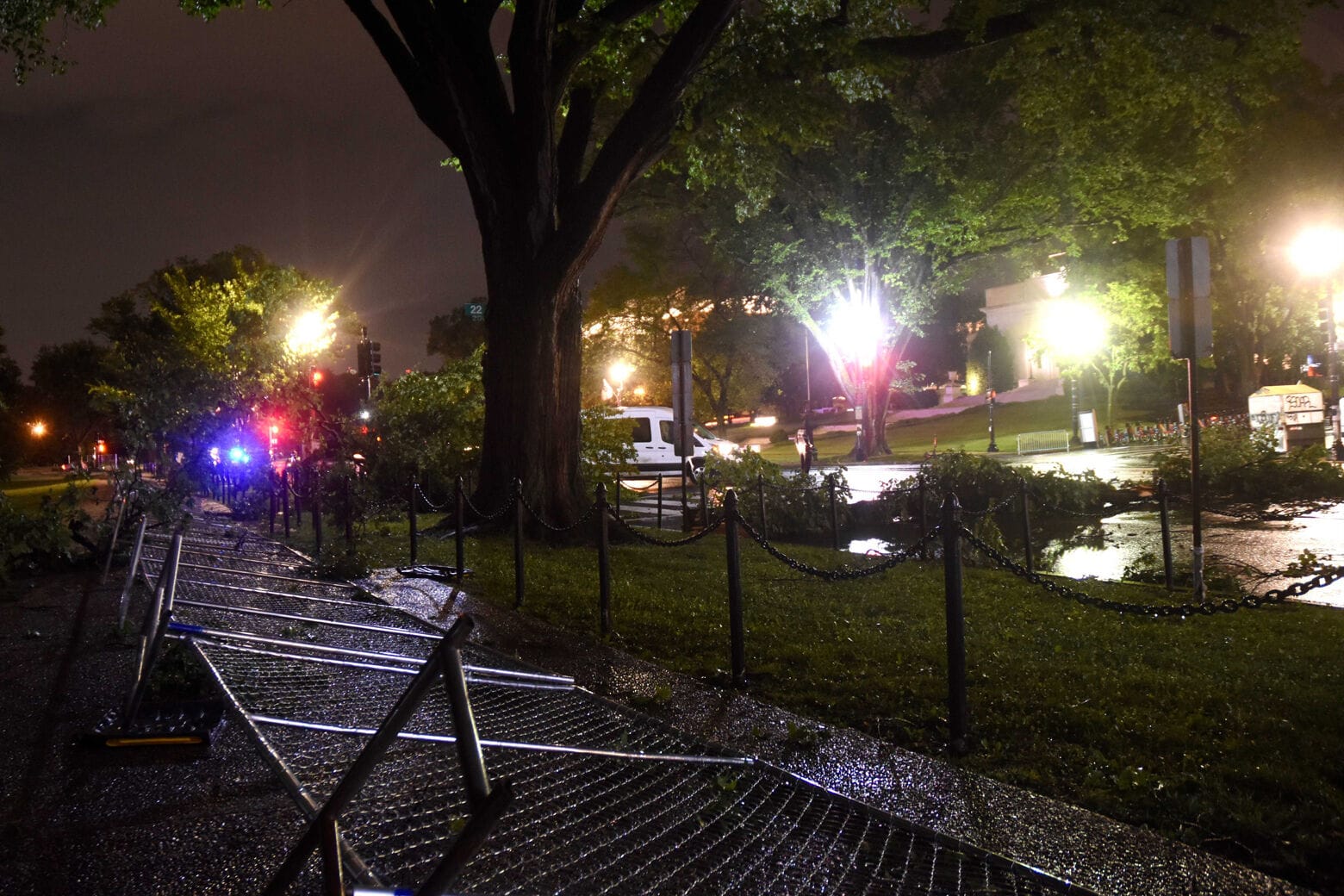The Catholic Church has welcomed 21 new cardinals, chosen by Pope Francis from various parts of the world. The appointments, announced on August 27, reflect the Pope’s efforts to revitalize the Church and promote a more inclusive and compassionate approach. Among the new cardinals are several reform-minded clerics who share the Pope’s vision for a more modern and responsive Church.
The creation of new cardinals is a significant event in the life of the Catholic Church, as it not only shapes the Church’s leadership but also influences its future direction. Cardinals play a crucial role in advising the Pope and electing his successor, making their appointments a key factor in determining the Church’s trajectory.
Pope Francis has made it clear that he values diversity and inclusivity, and his latest appointments reflect this commitment. The new cardinals come from 16 different countries, including the United States, Canada, Brazil, and several countries in Africa and Asia. This geographic diversity is seen as a positive step towards broadening the Church’s perspective and engaging with a wider range of cultures and experiences.
Several of the new cardinals are known for their progressive views and commitment to reform. For example, Bishop Robert McElroy of San Diego, California, has been a vocal advocate for social justice and immigration reform. Similarly, Archbishop Peter Okpaleke of Nigeria has spoken out on issues such as poverty, inequality, and environmental degradation.
The appointments have been welcomed by many within the Church, who see them as a sign of the Pope’s commitment to reform and renewal. “The new cardinals are a reflection of the Pope’s desire to create a more inclusive and compassionate Church,” said Father Thomas Reese, a Jesuit priest and commentator on Church affairs. “They bring a fresh perspective and a new energy to the Church’s leadership, and we can expect them to play an important role in shaping the Church’s future.”
However, not everyone is pleased with the appointments. Some conservative Catholics have expressed disappointment and even outrage at the selection of cardinals who they perceive as being too liberal or too focused on social issues. “The Pope’s appointments are a slap in the face to traditional Catholics,” said one conservative commentator. “They represent a further shift away from the Church’s core teachings and towards a more secular and progressive agenda.”
Despite these criticisms, the Pope’s appointments are widely seen as a significant step towards reorienting the Church’s priorities and promoting a more inclusive and compassionate approach. By elevating reform-minded clerics to key positions of leadership, the Pope is sending a clear signal that he values diversity, inclusivity, and social justice.
The new cardinals will be formally installed in a ceremony at the Vatican on August 30. This event, known as a consistory, will mark the official beginning of their new roles and responsibilities. In the months and years ahead, they will play a crucial role in advising the Pope and shaping the Church’s future direction.
As the Catholic Church continues to evolve and adapt to the changing needs of the world, the appointments of these new cardinals are a timely reminder of the importance of reform and renewal. By embracing diversity and inclusivity, and by promoting a more compassionate and socially engaged approach, the Church can continue to serve as a beacon of hope and inspiration for millions of people around the world.
The 21 new cardinals appointed by Pope Francis are:
1. Bishop Robert McElroy of San Diego, California
2. Archbishop Peter Okpaleke of Nigeria
3. Archbishop Jorge Enrique Jiménez Carvajal of Colombia
4. Archbishop Ángel Sixto Rossi of Argentina
5. Bishop Enrico Feroci of Rome
6. Bishop Luís de Castro Rocha of Brazil
7. Archbishop Marek Jędraszewski of Poland
8. Archbishop Giovanni Battista Re of Italy
9. Bishop Giorgio Lingua of Jerusalem
10. Archbishop Paolo Rocco Gualtieri of Italy
11. Bishop Gianfranco Ghirlanda of Rome
12. Archbishop Giovanni Tonucci of Italy
13. Bishop Álvaro Ramazzini of Guatemala
14. Archbishop Adalberto Martínez Flores of Paraguay
15. Bishop Cristóbal López Romero of Morocco
16. Archbishop Vincenzo Paglia of Italy
17. Bishop Cristóbal López Romero of Morocco
18. Archbishop Gualtiero Bassetti of Italy
19. Bishop Celestino Aós Braco of Chile
20. Archbishop Sigitas Tamkevičius of Lithuania
21. Bishop Evaristus Thatho Bitsoane of Lesotho

